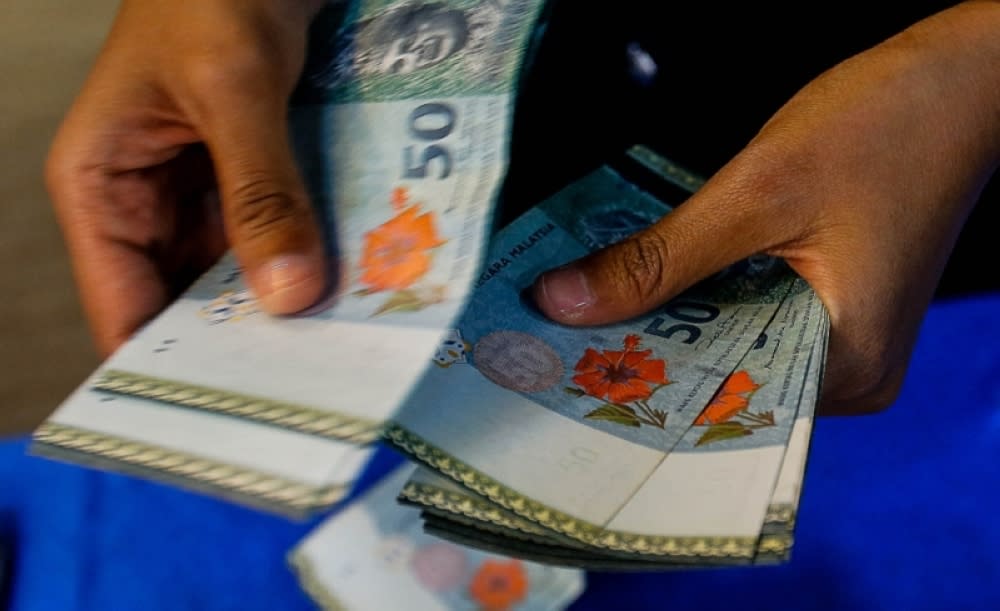Workers’ group slams employers’ reluctance to offer festive bonuses. says business already recovering since 2022

KUALA LUMPUR, Feb 25 — A group called the Social Protection Contributors Advisory Association Malaysia (SPCAAM) has rubbished claims by the Malaysian Employers Federation (MEF) president Syed Hussain Syed Husman and Small and Medium Enterprises Association of Malaysia (Samenta) president William Ng that giving festive bonuses to employees was unfeasible.
Its president J. Solomon said despite the duo’s reservations about the proposal, local businesses have been recovering from the Covid-19 pandemic since the Inland Revenue Board (IRB) has posted record tax collections for every year since 2021.
“If business owners and corporations are still recovering from the Covid-19 pandemic as Syed Hussain and William Ng claim, how is it possible for IRB to make such a record haul?” asked Solomon.
Solomon said in 2022, the IRB marked a record haul of RM175.4 billion, representing a 21.75 per cent surge from the previous year with corporate tax alone contributing RM97.94 billion, highlighting substantial fiscal contributions from businesses.
He added that the Malaysian economy grew by 8.7 per cent in 2022 compared to 3.1 per cent in 2021, while exports in January 2024 rose by more than 8.7 per cent from a year earlier to RM122.43 billion according to the Ministry of International Trade and Investment.
“In 2023, according to the Department of Statistics Malaysia, Malaysia most likely achieved a GDP growth of 4 to 5 per cent. If every year, the economy is growing, how is the case that businesses and corporations are still struggling?” he asked.
“If businesses and corporations are exporting more, why are they claiming that they are still suffering in the post-pandemic era? It is appropriate for MEF to cease impeding workers advancement, given that employees dedicate themselves tirelessly to the employer’s success.”
Syed Hussain had said the proposal to give one-month festive aid to workers would place a significant financial burden on employers at a time when most businesses were “merely surviving”.
He also said groups such as SPCAAM “must understand that businesses are not banks”. Solomon however rejects these assertions drawing insights from international examples, such as Indonesia’s approach to employee welfare, highlighting the feasibility of fostering a culture of fairness and proportionality in evaluating the value of employees.
“The Malaysian employer must be mindful that all employees including the general manager in Indonesia receive one-month salary and the government has made Festive Aid as mandatory, Nevertheless, numerous Malaysian companies are eagerly investing in Indonesia. if the government asks, the businesses and corporations will almost certainly see the light.
“The only question is, is the government of Datuk Seri Anwar Ibrahim willing to speak to the businesses and corporations on behalf of at least the lower-income worker?” he asked.



